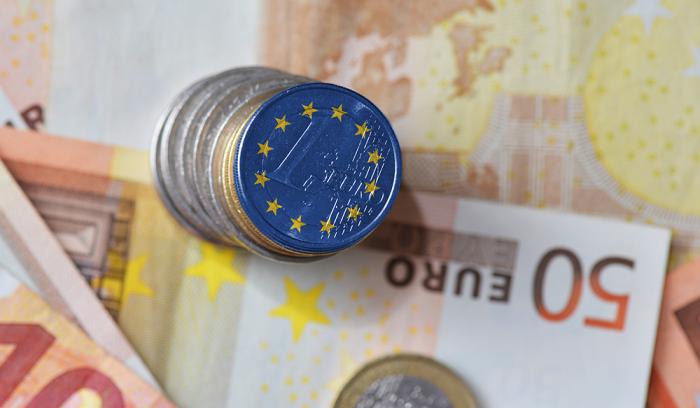Retirement
An unrealistic project: the Euro area budget

The debate on the future of Europe's finances crystallized for a moment around the proposal of a budget for the Euro area, notably formulated in Emmanuel Macron's speech at Sorbonne(26th September 2017). According to this concept, countries in the Euro-area should implement an ambitious investment budget, to reduce divergence and develop common goods, and “means of stabilization”, to help each other cope with economic shocks.
This new budget would be financed by new European taxes, notably digital or environmental taxes, and by allocated existing taxes, for example a harmonized corporate tax. It would be managed by a finance minister from the Euro area, with budgetary control at the European level.
These proposals are far from winning unanimous support. Unsurprisingly, they encounter the strongest reluctance from countries like Germany or the Netherlands: for very good reasons, they see the beginning of a “Transfer union”, which they do not want. The Commission takes a dim view of the idea that a new budget could arise and grow out of its control under the European Union label. This sentiment seems to be shared by some EU countries that are not members of the Euro area.
On paper, the draft budget of the Euro area is not ruled out forever... but it's pretty close to it. In June 2018, France and Germany included it in their Meseberg joint declaration on European integration, but with major restrictions: this budget would remain “within the framework of the European Union” and would be implemented by the Commission, without mentioning any minister from the euro area; revenue is only vaguely indicated; concerning stabilisation, only the study of a European Fund for the stabilisation of unemployment insurance - “without transfers” - is mentioned. Since then, the project has continued to shrink.
At the last Euro area summit (December 2018), there was no longer any question of a budget, but a simple “budgetary instrument”, “in the context of the multi-annual financial framework”; no agreement had been reached, neither on the need to include stabilisation resources nor, a fortiori, on how they should be implemented; and the volume of appropriations to be allocated seemed to be reduced to a trickle - instead of “several GDP points in the Euro area”, i.e. several hundred billion euros per year, a figure desired by Emmanuel Macron4, we were talking about a maximum of 100 billion over seven years, i.e. less than 10% of the Union's budget and less than 0.1% of its GDP.
Emmanuel Macron did not mention his budget proposal for the Euro area in his article “For a European Renaissance” published on the 5th of March.
